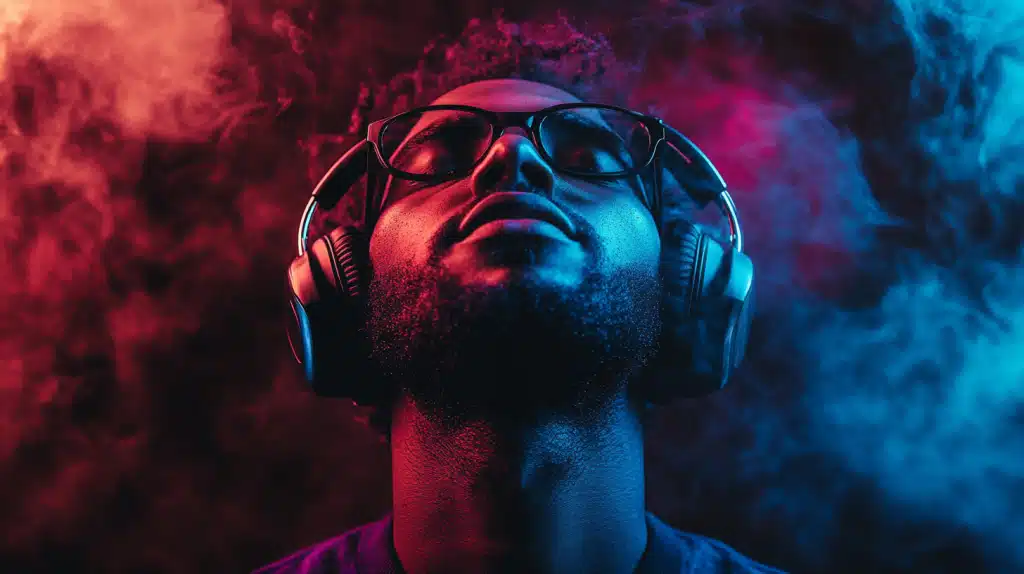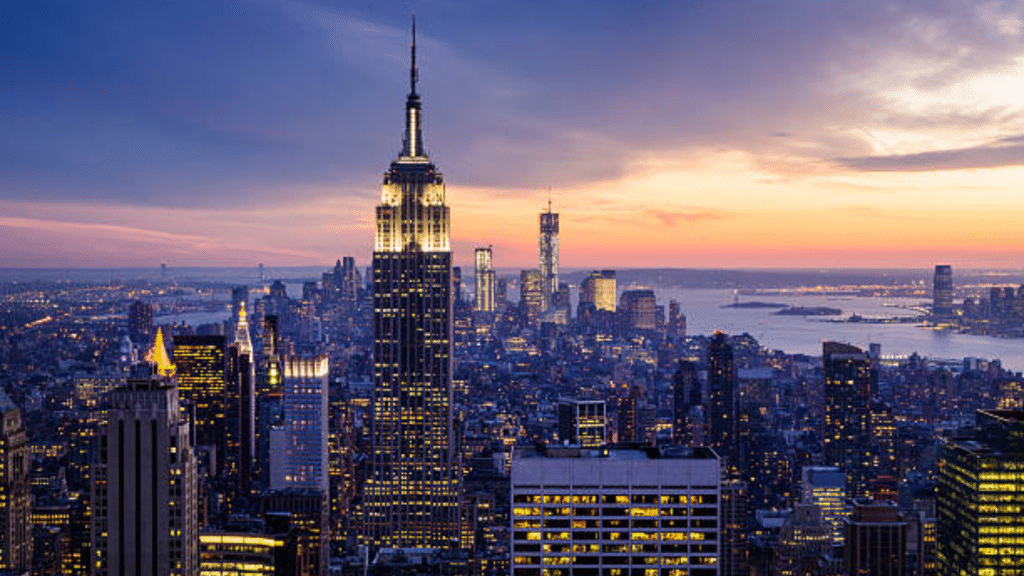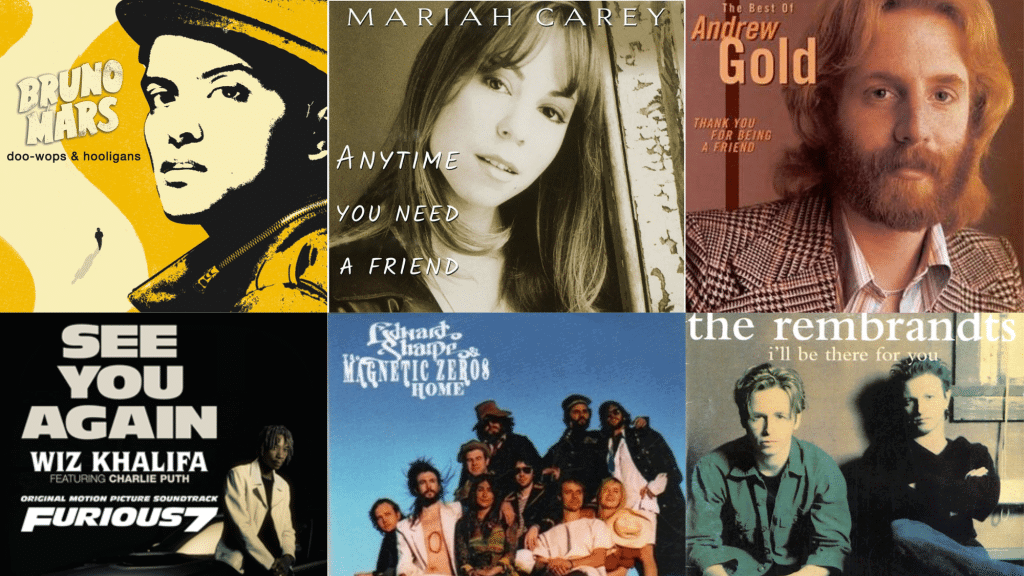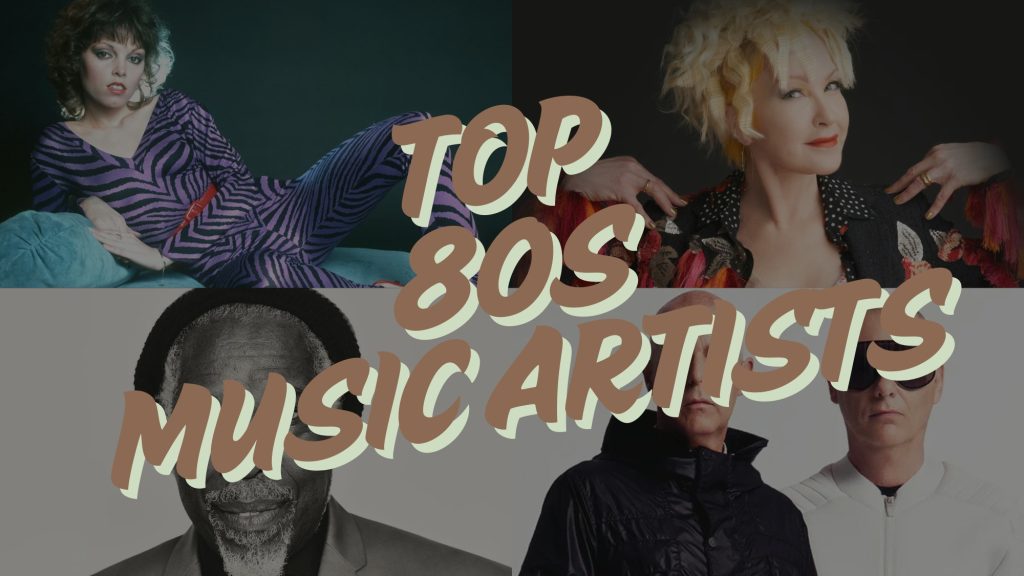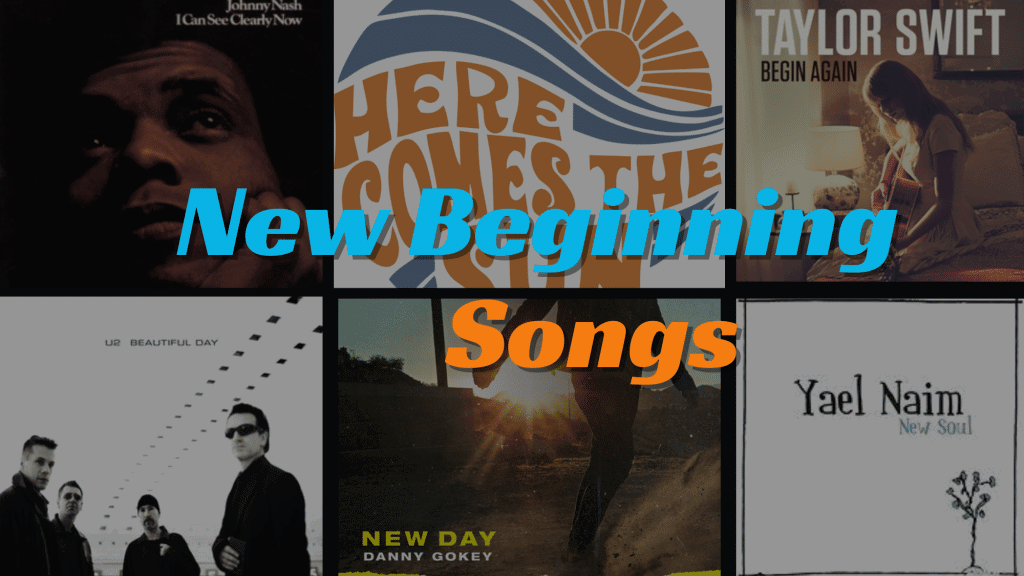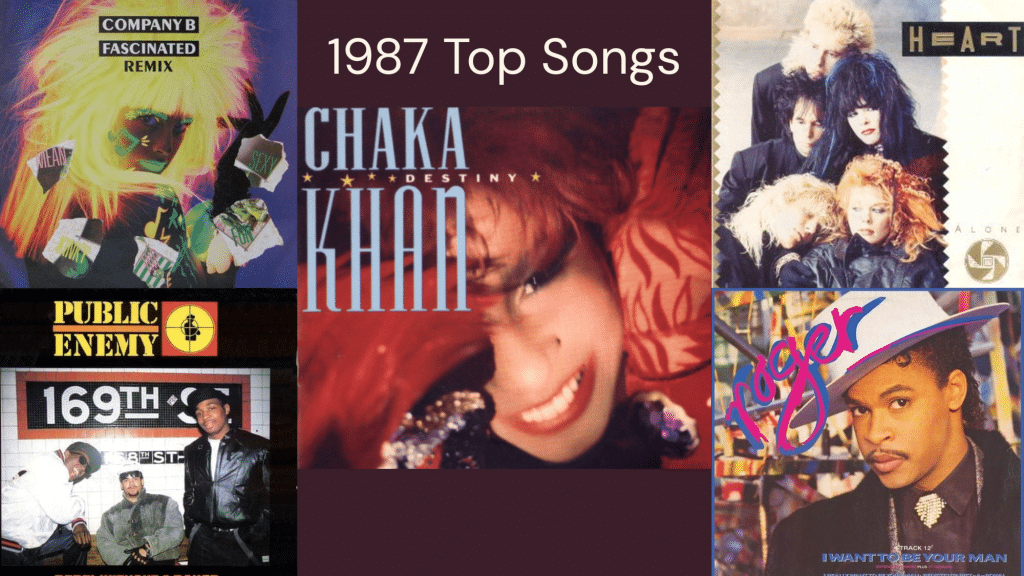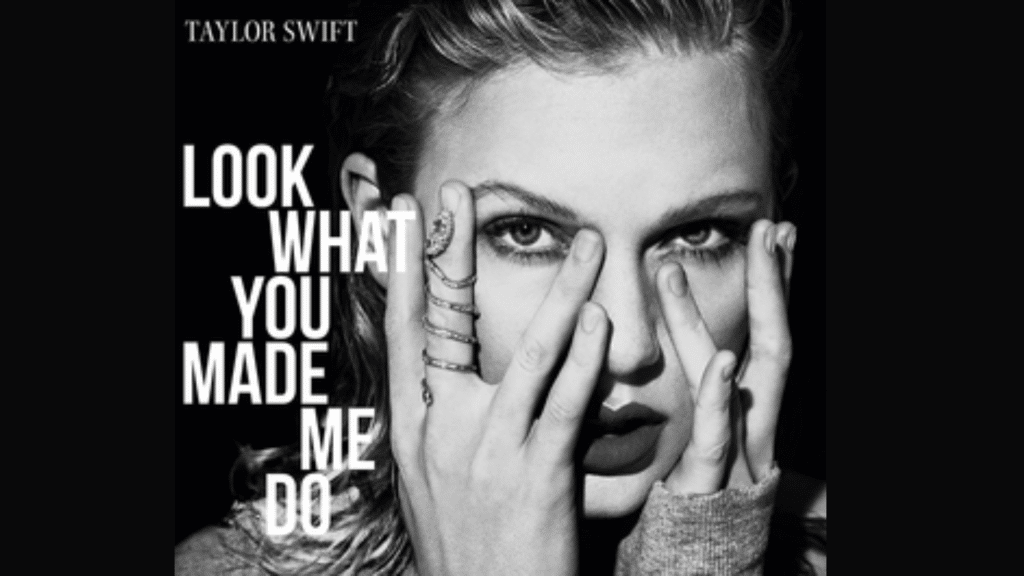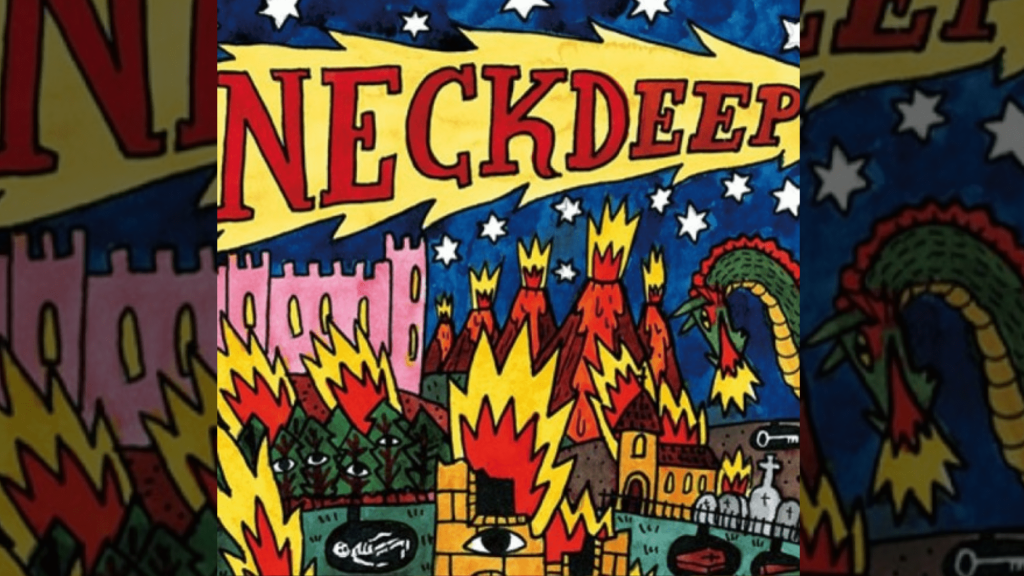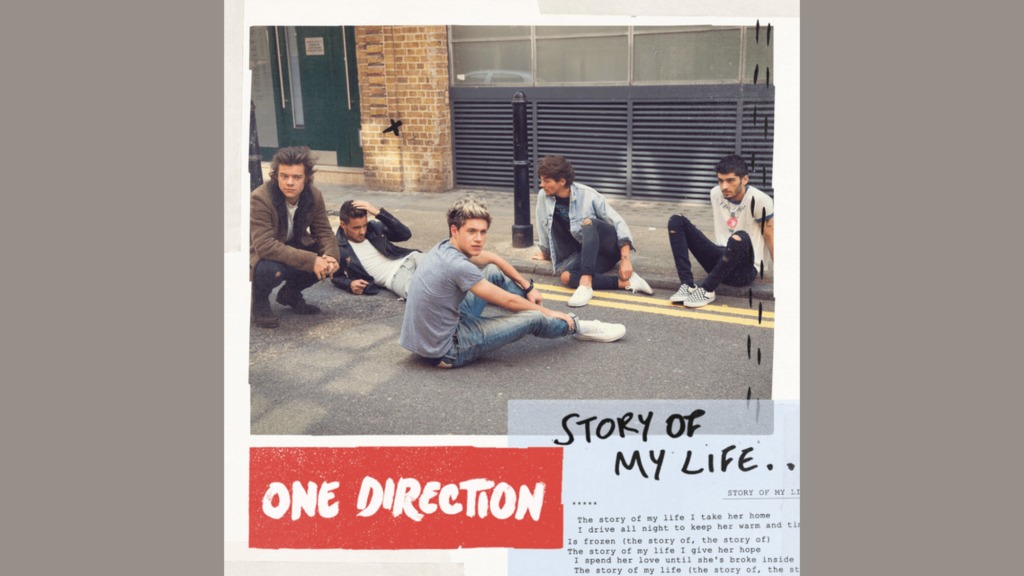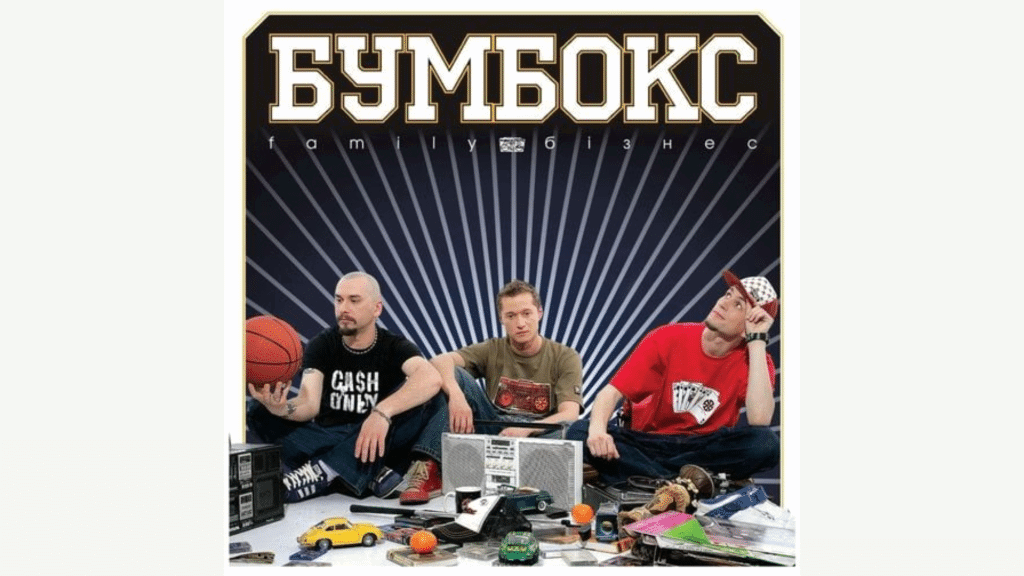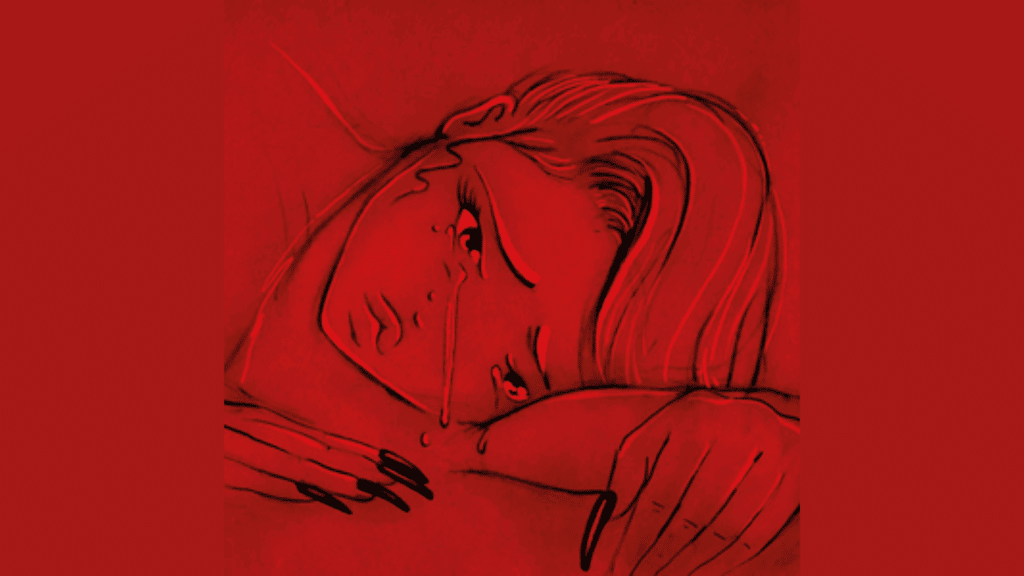Music has been both a mirror and a motor that influences cultural evolution by embodying the voices of generations and perpetuating and driving change.
Certain genres have completely reinterpreted what music is to the world, and their style continues to reflect what they truly mean. So, let’s look at five genres that changed how modern music sounds.
The Dawn of Jazz: A Foundation for Modern Sound
Jazz is a significant period in musical history that arose from the lively streets of New Orleans in the early 20th century. Its African-American-inspired improvisational spirit shattered the strict boundaries of classical music and provided a novel, spontaneous approach. Artists like Duke Ellington, a pioneer of orchestral jazz, and Louis Armstrong, whose famous trumpet tunes still inspire, pushed the envelope and redefined rhythm and harmony.
The Rock Revolution: Electrifying the Masses
Rock and Roll exploded into the 1950s having been born. The electric and bass guitar and passion propelled this genre into the post war spirit of youthful defiance. Rock’s mainstream entrance could be ascribed to Chuck Berry’s innovative riffs, combined with Elvis Presley’s magnetic charisma. Over time, the genre matured through legends like The Beatles and Led Zeppelin pushing new borders, fusing poetic lyrics with electrifying performances.
Hip-Hop: The Rhythm of Resistance
The Bronx in the 1970s was the birthplace of hip hop which immediately became a movement as well as a genre. Growing from beats out of turntables and drum machines, it became an art form that combined word and rhythm.
Early artists like Grandmaster Flash and the Sugarhill Gang helped make hip-hop and rap popular worldwide. Artists like Tupac and the Notorious B.I.G. used their lyrics to share their lived experiences. Sampling and beat-making production techniques used in this genre still have an effect on global music trends today.
Electronic Music: The Sound of Innovation
The genre which revolutionized the way audiences listen to music was electronic dance music, or EDM, this type of music puts an accent on rhythm and repetition and on so called synthetic sounds. As such, this genre got its roots in the disco era, but its modern form came of age in the 1980s and 1990s with the arrival of the synthesizer and drum machine.
Kraftwerk, Daft Punk, and Deadmau5 became innovators who used technology as an art form, creating soundscapes so immersive they sucked you right in. Today, Tomorrowland and Ultra are festivals dedicated to EDM and show how it is an international genre. Its ever-changing nature guarantees its continued relevance as techno, house, and dubstep have dominated today’s playlists.
Pop: The Universal Language
Pop music must always be part of any exploration of transformative genres. Adaptable and universal, it is able to take notes from a variety of genres. Pop has defined mainstream culture since the groundbreaking ‘Thriller’ era for Michael Jackson to the boundary-pushing reinvention performed by Madonna.
These genres brought something different, every one of them changed the history of music forever. Pop bridged divides by appealing to a wide range of people, hip-hop magnified voices from the streets while EDM explored technological frontiers, jazz used improvisation to challenge conventional frameworks, and rock embodied a spirit of revolt. Together, they form the foundation of modern music, inspiring generations of artists and listeners alike.

